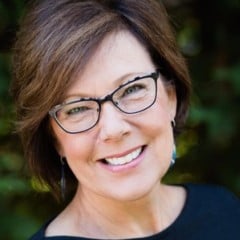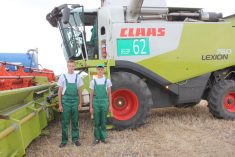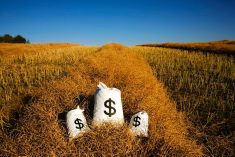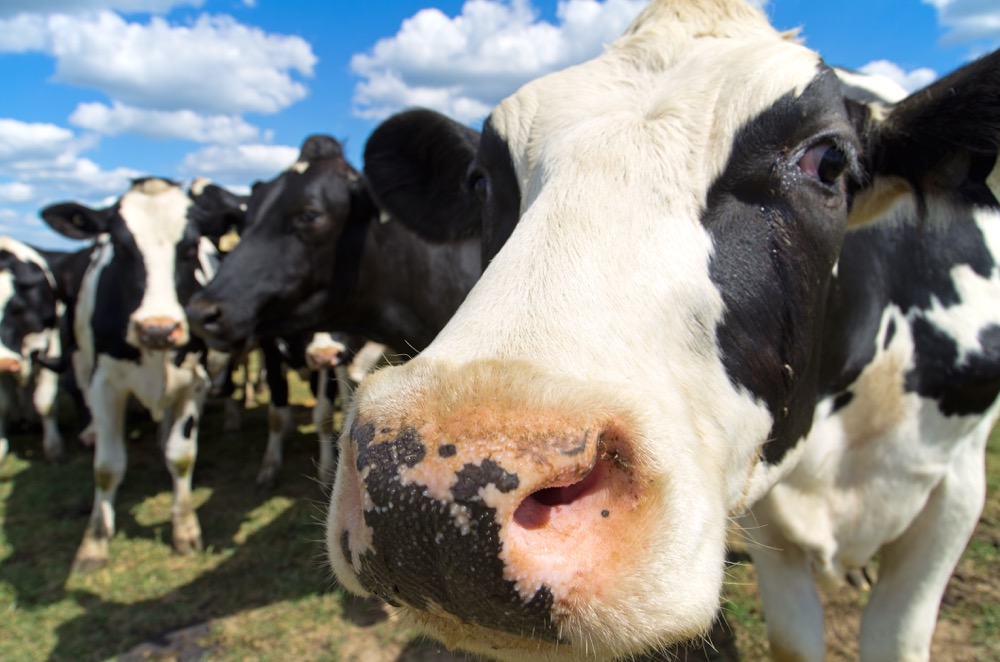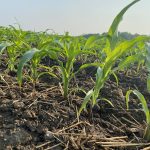There is no denying that farmers will retire in huge numbers in the next little while.
The projection in a new report from Royal Bank is that 40 per cent of our farmers will exit by 2033. While that might create a sense of panic, a lot can change in 10 years and for now farmers are focused on their current workforce — or lack thereof.
Listening to Christina Cleveland (the bank’s director of diversity and inclusion) talk about the new report, which focused on farm labour, brought home a key message: It is critically important to be flexible when hiring employees.
Read Also

Deep cuts to ag research jeopardize Canada’s farming future
The huge cuts to ag research at Agriculture Canada are being widely panned by farm organizations, but there seems to be little hope of the government reversing its decision.
We have talked about this before — about balance and split shifts, about communication and inclusion. Yet the challenges remain.
Farming has failed to find a way to include new concepts in hiring practices. This got me thinking about what a great people leader in agriculture, David McInnes, refers to as “the possible.”
And that possible includes the hiring of older persons, including retirees.
More with Brenda Schoepp: Some are demanding deep and misguided changes to farms
For farmers who are thinking of exiting in the next decade, it might seem a little weird to dip into the senior labor pool. Being older myself, I am very aware of the bias.
But having worked with older employees when I was young, I am also appreciative of the benefits. Not only are older workers willing and reliable, but current research shows they are highly productive. Not everyone on the farm needs to lift 200 pounds or be able to outrun a charging bovine. There are a host of other jobs.
A healthy culture is nurtured through the acceptance of all persons and creating a safe place to explore the potential in the individual and match that with the needs of the farm. This includes older individuals who are willing to fill the gaps, take on odd hours or bring a full-time commitment to the workforce.
What they know is the importance of loyalty, of showing up. And because they have worked for many years, they are mindful of experiencing something that is meaningful.
Farm employers may be afraid of hiring someone with knowledge that is greater than their own or with ideas that are different.
It’s time to park that bias too, because every study ever done on workplace diversity is clear that diverse perspectives are needed to give business its competitive edge. It might be a little uncomfortable to be challenged but we need those rich debates and engaging dialogues.
Those built-in skills and the mental clarity in an older hire have been developed over time with lived experience. That has likely resulted in confidence complemented by a cool head, which is so often needed because of the pressures of farming.
They are young enough to do the job and old enough to know when to ask if they are not sure. After all, there is nothing to prove. The career ladder has been climbed and kicked away from the barn wall. What this demographic looks for is meaning and purpose.
The farm or a food-related business requires many hands — technical, mechanical, agronomical and husbandry. The business may require drivers, bunk readers, folks to make calls or watch markets, enter data, build fences, seed, harvest, cook, provide child care, host tours, do books and add value to products.
Skills are needed in marketing, cleaning barns, candling eggs, milking cows, retailing, training dogs, languages, governance, mowing, moving stock, managing others, running equipment, checking cattle — the list goes on. Having a retired scientist, veterinarian, truck driver, camp cook or accountant may be an asset to the team.
What older workers often bring to the table is common sense and a willingness to work and play together, to learn and to teach, to share and to inspire.
It is true that not every older person is right for the team. But that can’t be known unless the possibility is explored.
Looking at the roles and responsibilities required, there is an opportunity to be creative. What can be changed to accommodate a diverse and flexible workforce? What systems or models could be applied to something as unconventional as hiring from the aging pool?
Most important is ensuring the values of the farm are shared with the team and that each individual, regardless of age, gender, race or background, is appreciated.
Nurturing a culture of care is always a good investment.
Looking at the possible is the type of leadership thinking that is transformative for ourselves and for our businesses. To write off that greying bundle of knowledge because a person is older is a bias and honestly, rather short sighted.
It’s exciting to look at “the possible” through the lens of inclusion and acceptance. To create new pathways for farm, food processing and agri-business workers who have age as their greatest asset is surely a solution for our future.
It is a great challenge to remove barriers and to reconstruct the farm to meet the needs of the employee, and one that ultimately benefits the team and our community.

